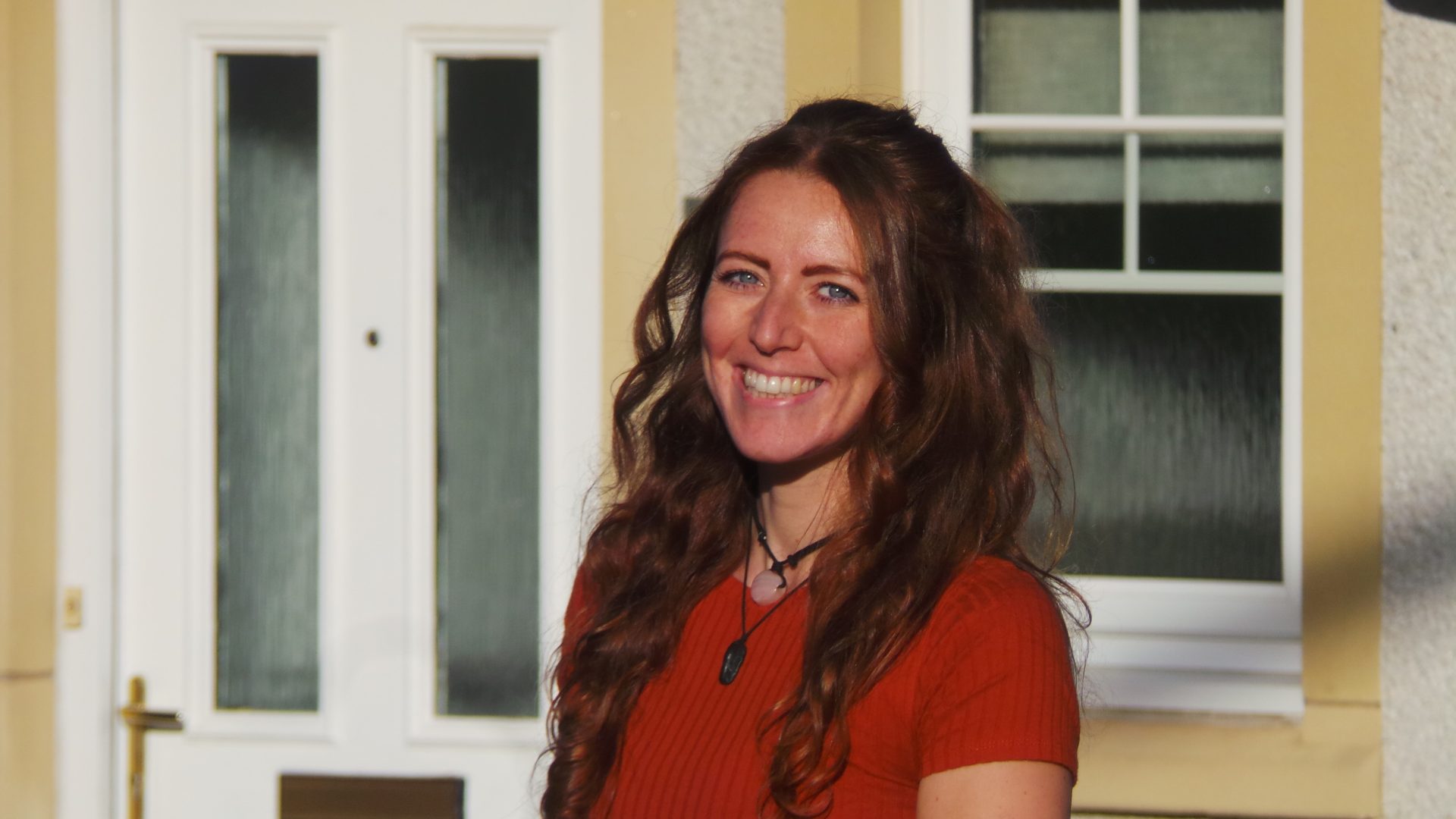Russell Smith
Parity Projects was founded in 2005 by Managing Director Russell Smith who was, at the time, planning a retrofit of his own home. Seeking advice he found it was either too generic or too biased.
Understanding that every home is different, this experience set the principles for the business: independence, expertise and personalised service.
Chris Newman
Chris Newman leads our commercial development, ensuring our products and services offer what our clients need at the right price. His career started with ten years in the City, but pivoted to Parity Projects via a Masters degree at the Centre for Alternative Technology.
He is also a Non-Exec Director of Ecology Building Society and has undertaken a deep retrofit of his home.
David Shewan
David Shewan drives the development of our housing advice and analysis work. He originally trained as a geologist, but was inspired by his earth science background to abandon a career in petroleum exploration and act on climate change instead.
He joined Parity in 2008 and his particular interest is using analysis and technology to make the business case for retrofit work.
Megan Williams
Megan joined Parity Projects in 2012 after completing a MSc in Climate Change Management. She has a background in Environmental Science (BSc) and worked for the Electrical Contractors’ Association (ECA). She brings a wealth of knowledge in low carbon government policy in buildings services, and experience in advising contractors on energy efficiency and environmental management. Megan was the lead Project Manager in the set-up of the RetrofitWorks cooperative and leads implementation of project work.
Jo Coleman
Jo joined Parity in 2015 as an Energy Analyst after completing a degree in Ecology and Conservation at the University of Sussex, and now leads the analysis team delivering our Portfolio service. She has wealth of experience in designing analyses and providing retrofit advice for a range of housing associations, large or small!
Liz Lainé
Liz, our Business Development Manager, who identifies potential new applications of our services, using her experience leading sustainable energy policy advocacy for Citizens Advice, as a community energy champion, and her own experience of a renovation involving fabric, renewables and ventilation measures.
Josie Evetts
Josie is project managing the set-up of a new advice and installations service for householders, Ecofurb. She has worked in the environmental sector for 14 years in operational and project management roles, and is an Association of Project Management qualified project manager (APMP).
Keith Jackson
Keith has been working in the IT industry for over 20 years and is our Technical Architect, with a particular focus on emerging consumer-facing services. He is an expert in providing applicable solutions to technical problems using extensive experience from the key areas of software development; requirements analysis, code, testing and commercials.
Peter Griffin
Peter manages our Pathways team, supporting local authorities to model all the homes in their area to bid for funding, develop net zero strategy and target delivery of retrofit. Prior to joining Parity he completed a PhD, researching novel material structures for LED lighting. He has also worked in the House of Commons library as a policy researcher on environment issues.
Dafydd Cian
Dafydd is a Senior Energy Analyst who is driven by his passion for climate justice. Before joining Parity, he completed a master’s degree in physics, where he focussed on using his programming and mathematical modelling skills to conduct research in the fields of medicine and genetics. He also briefly interned as a data scientist at a renewable energy consultancy.
Philip James
Philip is a Senior Energy Analyst who joined us after 3+ years working in Nottingham with the council and social housing provider to deliver sustainable housing and energy supplies. Prior to this he worked as a researcher on CAT's Zero Carbon Britain project, and completed an engineering doctorate studying strategies for zero carbon homes.
Jamie-Louise Morrison
Jamie's passion for people and the planet led her to Parity where, as a Senior Energy Analyst, she enjoys helping housing associations and landlords deliver on their climate action plans and achieve real change. She has a degree in Environmental Science from UEA and worked for a large corporation as an analyst to identify catastrophe risk on properties across the world for reinsurance purposes.
Joe Cairns
Joe joined Parity Projects in 2022 as an Energy Analyst working primarily on our Portfolio service, where he combines his passion for sustainability and the environment with his background in data analysis to help clients achieve their decarbonisation targets. Before joining Parity Projects, Joe completed a PhD in Astrophysics, researching the formation and evolution of galaxies.
Georgie Burrows
Georgie is an Energy Analyst with a background in environmental sciences. Driven by the desire to reduce both emissions and bills across Britain's homes whilst improving living conditions, she works with local authorities, landlords and social housing providers to achieve these outcomes. Before Parity she worked for an energy supplier where she used data analysis to gain insights into domestic energy usage patterns.
Noah Upton
Noah’s interest in climate justice led him to joining Parity in 2022 as a Energy Analyst, helping our Portfolio clients reduce the environmental impact of their housing stock and improve living conditions for tenants. Prior to joining Parity, he studied Physics and Software Development, undertaking a project developing a tool for modelling renewable energy generation from weather forecasting data.
Jesal Pandya
Jesal joined Parity as a Junior Energy Analyst in 2022. He holds a Master's in Environmental Impact Assessment and Management with his dissertation focused on retrofitting in UK homes. He has also earned an undergraduate in Civil Engineering with Distinction from India. Jesal has always focused his academic work on understanding the reduction of carbon emissions in the built infrastructure and is also very conscious of his personal carbon footprint.
Michael Darling
Driven by the need to retrofit the UK's homes to achieve Net Zero, Michael joined us as an Energy Analyst in 2023. Working overseas for much of his career on a range of environmental and social projects, he has seen first-hand the effects of climate change on marginalised communities. He tries to keep his own carbon footprint as low as possible and lives off-grid on a narrowboat in London.
Thomas Lashbrooke
Thomas joined parity in 2023 to help tackle the UK's ageing housing stock and to work directly on combatting climate change. He has a background in Mechanical Engineering, business process automation and a passion for solving business problems with technology. As Business Development Executive, he assists clients with finding the best Parity solution for their housing problem.
Outside of work you will often find him volunteering at his local climate charity Zero Carbon Guildford.















